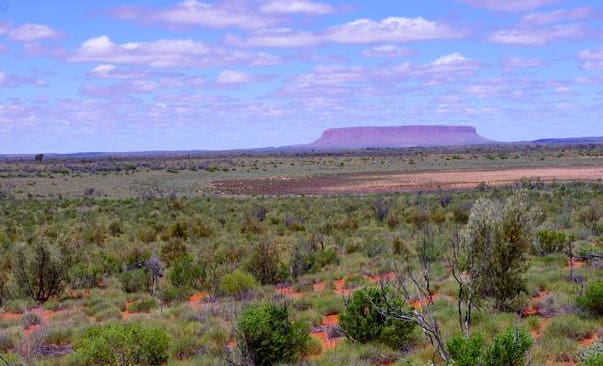
WITH the price of carbon credits rising significantly in the past year, a leading scientist in the field has recommended producers re-visit the business case of entering the market.
Dr Stephen Wiedemann from Integrity Ag & Environment presented to FutureBeef and Beef Central’s Beef Connect webinar today providing tips on carbon accounting and reducing emissions.
He ran the 100 participants through three major carbon farming methods – soil carbon, vegetation and the emissions reduction methods.
While he acknowledged there was still more cases studies needed for some of the methods, Dr Weidemann said carbon farming was still worth considering.
“Particularly in Queensland, if you are using the traditional vegetation method, you will be looking at one to seven tonnes per hectare per year, depending on rainfall,” he said.
“Under current government prices, you could be looking at a range of returns from $40 to $250/hectare so it’s certainly not to be sneezed at. A whole lot of projects that were not stacking up two-years-ago are stacking up now – so it is worth re-running the numbers.
Dr Weidemann said producers should consider the market for carbon neutral or low carbon beef before selling off carbon credits. (Click here previous article on this issue)
“Once you sell those credits, you can’t claim against your business and that is worth a consideration,” he said.
The general need for reduce emissions was also addressed in the webinar, with Dr Weidemann analysing the beef industry’s methane output – compared to CO2.
“Over time there has been a change in the warming affect that methane is understood to have on the atmosphere – seven or eight-years-ago you would have heard 21 times the warming effect, now it’s 28 and some people quote it as high as 34,” he said.
“But whichever way you look at it, changing methane has a big impact on the environment – if you increase it there will be warming and if you decrease that will have a really positive effect.
- Beef Central is looking to publish more from Dr Weidemann on soil carbon this week



I would take this information with a grain of salt as there is basically no actual long or short term data demonstrating the tonnes of carbon sequestered per hectare being quoted. Most of this is modelling or point only data and not landscape scale. Methane is a big problem in feedlots but under healthy regenerative pasture it is scrubbed by hydroxyl ions immediately – some people need to learn a lot more yet.
The disdain of the big emitters with the COP clearly demonstrated the uselessness and shallowness of the of the gestures of the beguiled and the uber rich at Glasgow. The world is starting to wake up that miniscule climate actions, whether at a cost or for profit, is pointless in environmental terms.
The major emitters must to be made to move first.
In this context, and notwithstanding current price increases, those either involved in or contemplating entry into carbon farming are respectfully advised to be careful. Be seriously careful.